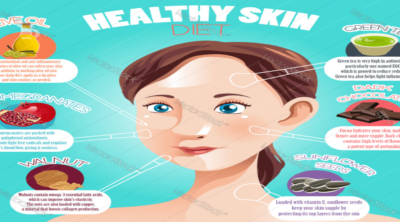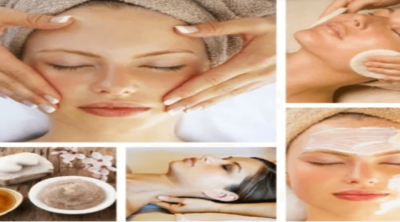
Acne is one of the budding signs of growth that shows across the body, especially on the face.
Typical Facts
Acne, affects a lot of people – more than 90% of all adolescents, nearly 50% of all adult women and 25% of all adults. Crossing gender lines as well as national borders, it’s one of the most widespread medical conditions in the world.
Acne Treatment
While acne is not curable, it is treatable. We now know more about controlling this condition than before. The secret to managing acne is prevention, by stopping this condition before it exhibits visual symptoms. Once you have found a treatment that helps you accomplish this, it’s important to stick to it. Even after the pimples disappear, you may need to continue the treatment to prevent new blemishes from appearing. It’s also crucial to begin treatment as soon as the first signs appear; the sooner you address your acne, the less likely you are to experience permanent damage to your skin. Of course, in order to stop acne, we must first find out what causes it.
Causes and Effects
Contrary to popular belief, acne is not caused by one single reason, like what you eat, how often you wash your face, or work out; but by a combination of all these factors at work beneath the surface of your skin.
A pimple begins to form approximately 2-3 weeks before it actually appears on your skin’s surface. It starts in your sebaceous hair follicles, the tiny holes commonly known to us as pores. Deep within these pores are your sebaceous glands. These glands hold the oil naturally produced by your skin, known as sebum. As your skin renews itself, the old skin cells die, and are sloughed off. Under normal circumstances, these cells are shed gradually, making room for fresh new skin.
The sloughing process is different for everyone. Some people shed cells evenly, while some don’t. Uneven shedding causes dead cells to become sticky, clumping together to form a plug, much like a cork in a bottle.
This plug traps oil and bacteria inside the follicle. So the pimple is formed as a result of the oil trying to come out. Although there is no one simple cause of acne, the condition is influenced by many factors, many which are out of your control. The regularity with which you shed skin cells can change throughout your life. The rate at which you produce sebum is controlled by the hormones, and this is especially the case for women.
Research has shown that genetics play a big part in the development and persistence of acne, so your family history is a valuable prediction tool as well. One of the best weapons in the fight against acne, however, is knowledge. If you know what causes it, it’s easier to take care of your skin and prevent acne from appearing. For example, some get acne because of chocolates, some due to dry skin, others due to oily food. Thus, by staying away from the causes that may trigger acne, one can lead a relatively blemish-free life.


